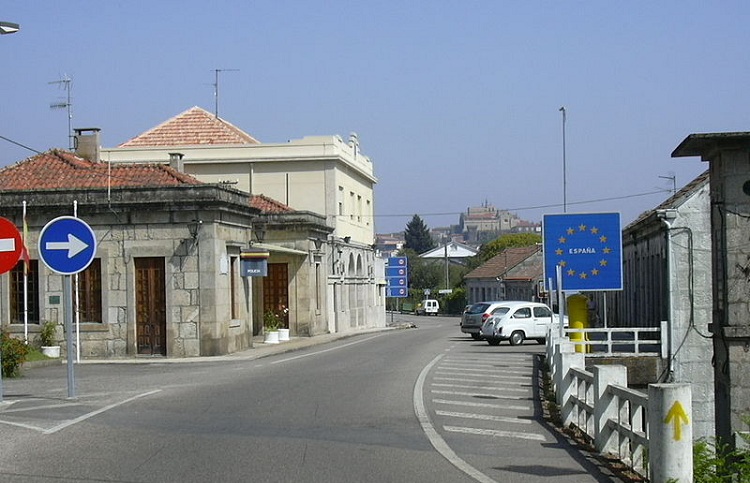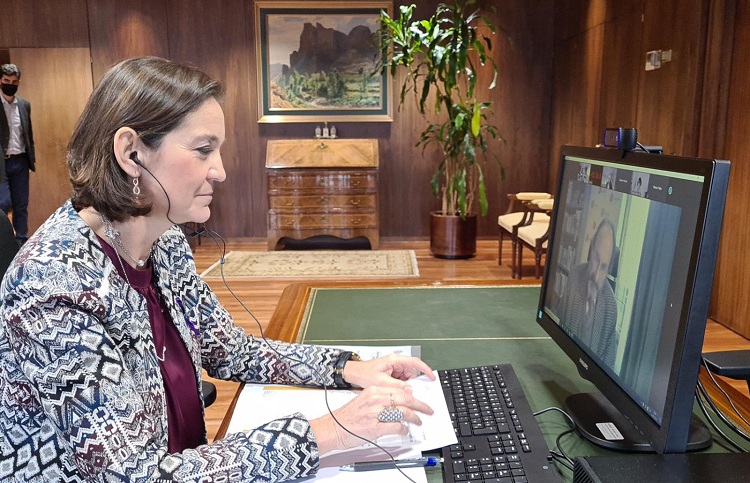Eduardo González
The Spanish government is determined to avoid, at all costs, a new closure of the internal borders of the EU and the Schengen Area similar to the first wave of COVID-19 because it would not only cause significant damage to the single market, but would even harm the fight against the pandemic itself in the member states.
The emergence of the African and South African variants of COVID-19 has led some EU countries to consider unilaterally closing their borders with other member states. Faced with this situation, European leaders meeting at last Thursday’s European Council (including the President of Government, Pedro Sánchez) reached an agreement to keep internal borders open and to impose “non-essential” restrictions on the so-called “dark red zones”, in reference to the regions most affected by the new strains.
According to Foreign Ministry sources, the presence of the new strains is not yet “significant” in Europe, and the aim of creating these “dark red zones” is to establish a “warning and response system” that avoids “generalised closures” and resorts, above all, to “more surgical measures” in the affected regions.
According to these same sources, for Spain it is “very important” to avoid border closures within the EU and the Schengen Area and to guarantee travel security with measures that have already proven to be effective, such as PCRs at source in high-risk territories (which Spain has already been applying for some months and which France will begin to apply tomorrow, and which offer a “sufficient guarantee of security for travel and to prevent the import of the disease”) or, as a last resort and as an exceptional measure, quarantines on arrival.
Another medium-term measure, and when technical conditions allow, would be the vaccination certificate, proposed by Greece and supported by Spain in international fora. In addition, regional perimeter closures are already in place within some countries, such as Spain, to reduce mobility from high-risk areas and prevent the spread of COVID-19.
The most important objective, according to these sources, is to avoid a return to the “negative scenario of March or April”, because it would not only affect the integrity of the single market in such important factors as the free movement of people and goods, but could even harm the fight against the pandemic itself, as it would hinder the movement of health material and personnel. Member states have the competence and the right to manage their own borders, but “it would not be desirable” because it would lead to “uncoordinated and unharmonised” pandemic control and mobility measures and would cause serious economic and social problems for the EU, they warned.







